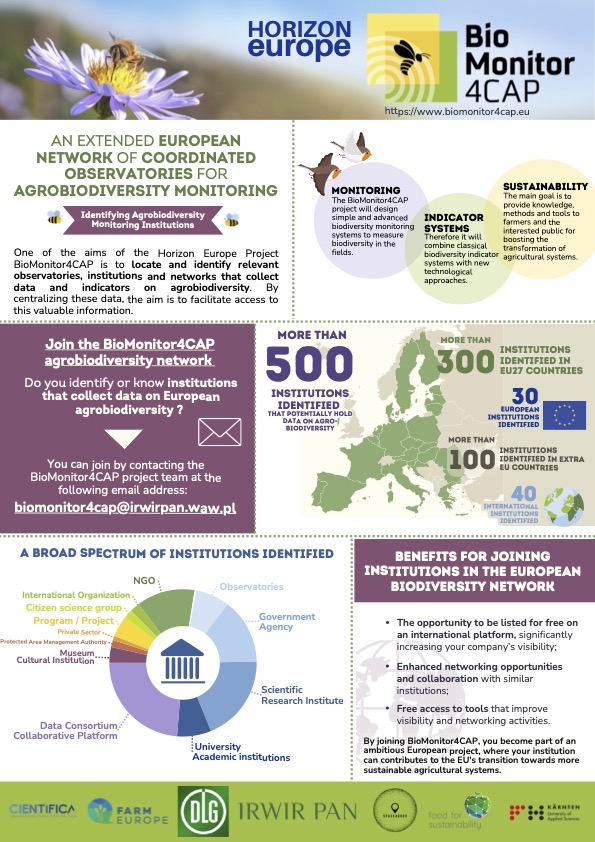The Vision for Agriculture and Food presented today by the European Commissioner for Agriculture and Food, Christophe Hansen, aims to show that the farmers’ distress, which culminated in a significant protest a year ago, has been well understood in Brussels. However, how this renewed political message will concretely translate into action remains an open question, especially in light of the concerning ideas initially put forward by the European Commission regarding the Multi Annual Financial Framework and the CAP budget .
The Vision presents farmers as entrepreneurs and emphasises the need to prioritize incentives over constraints, and the strategic challenge for Europe to build genuine agricultural sovereignty through a renewed focus on production. This objective is directly linked to sustainability imperatives, the fight against climate change, and innovation. These are all welcome directions that have been proposed for several years by Farm Europe.
The emphasis put on the external dimension, with the European Commission’s stated intention to ensure “reciprocity” and “regulatory alignment” between imported products and those produced within the EU, also represents progress. However, vigilance will be required regarding the concrete measures to come, which must not undermine current EU production standards, given the considerable efforts already made by European farmers to comply with them.
The fact that the Commission recognises the essential role of livestock farming and announces a future strategy for this sector is a step in the right direction. Nevertheless, this work should be conducted within a high-level group to avoid top-down approaches.
Similarly, the approach to plant protection products has been renewed by applying the principle that ban on use should be considered based on whether alternatives are available. This tangible shift must go hand in hand with an acceleration in the adoption of New Genomic Techniques (NGTs) and biocontrol products.
Finally, the document highlights the food dimension, recognizing the importance of transparency for consumers through the labeling of food origin and strengthening the link between food, territory, seasonality, and local traditions. The warning regarding ultra-processed foods is welcome, as it echoes numerous scientific studies on their harmful effects on health.
Some major concerns
However, this policy document also raises significant concerns. To establish a clear direction, the EU needed to explicitly state the necessity of sustainably increasing production to address the challenges of agricultural sovereignty. This is a dual challenge: repositioning itself geopolitically in terms of internal and external food security and gaining sufficient strategic autonomy to independently develop its bioeconomy and achieve its decarbonization goals.
Moreover, in a context of strong concern among farmers, a clear signal regarding the CAP budget is missing. Strengthening the EU’s strategic agricultural autonomy requires putting an end to decades of CAP budget reductions. A commitment to compensating for the impact of inflation, which, between 2021 and 2027, has resulted in a loss of more than €85 billion, is essential.
In this regard, doubts about the intentions behind targeting “those who are most in need” are real. This phrase has frequently been used as a euphemism for prioritizing budget constraints over a concrete vision for the future of European farms.
CAP subsidies represent more than 50% of farmers’ income and, in some Member States, more than 70%. For example, a 10% degressivity threshold beyond 16 hectares would only generate €3.2 billion in redistributive payments. However, such a measure would have harmful effects on many key agricultural structures for European production, particularly in already vulnerable areas, where farms have been forced to expand or consolidate to better control costs, compensate for low yields, and cope with agricultural prices pressure.
